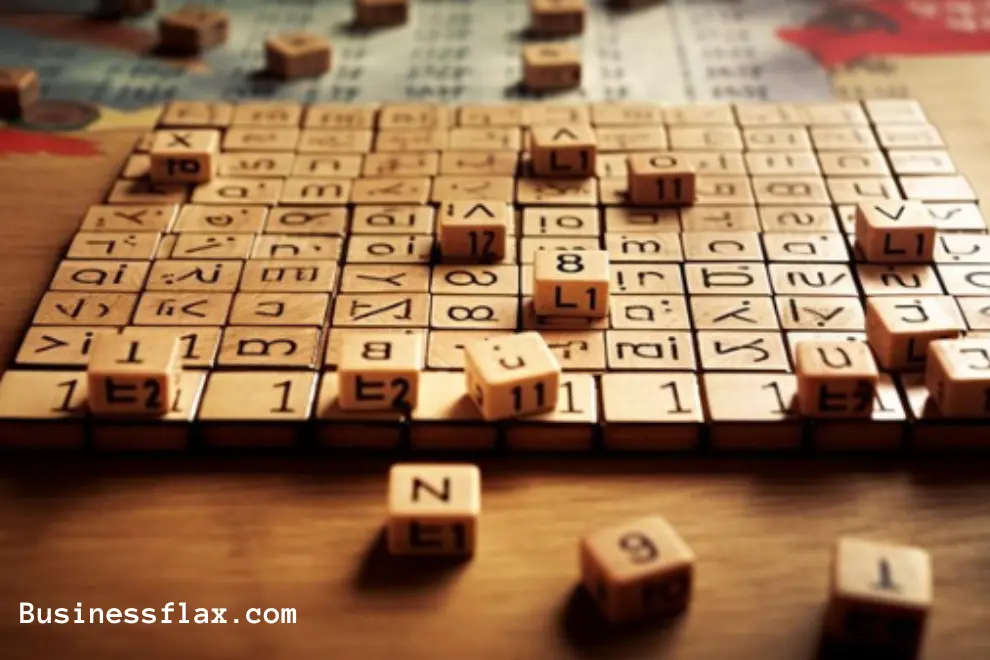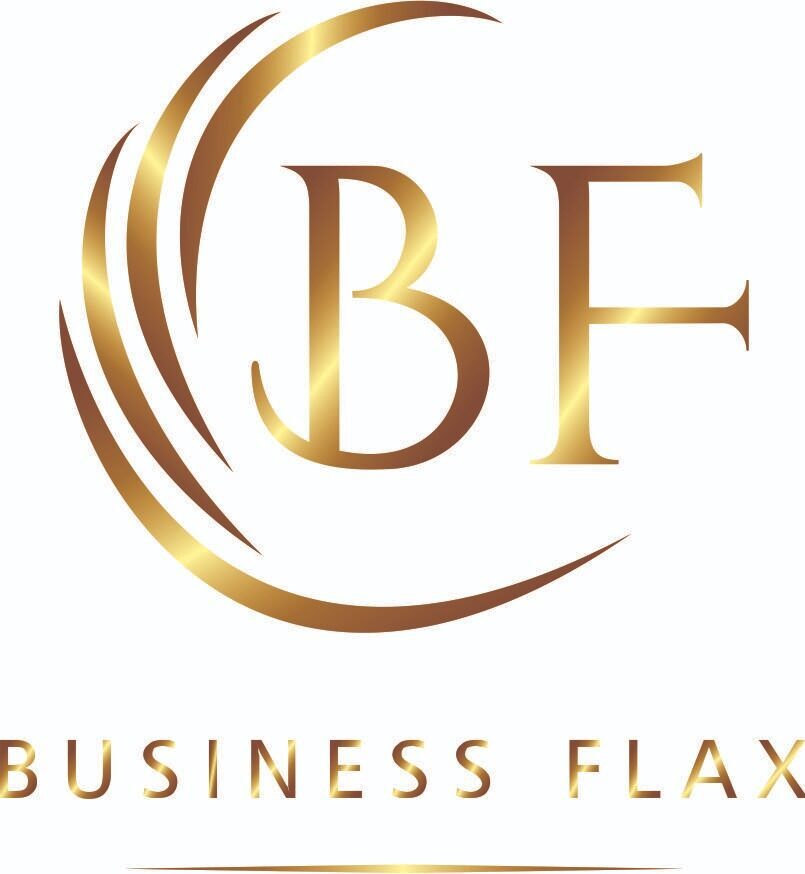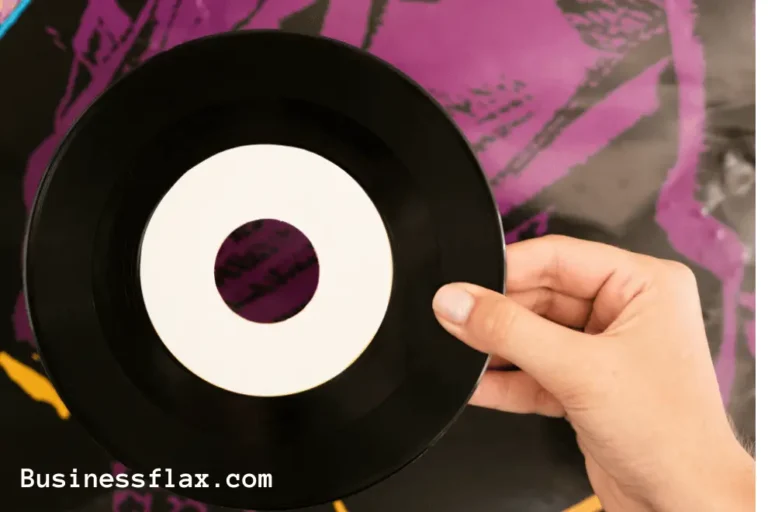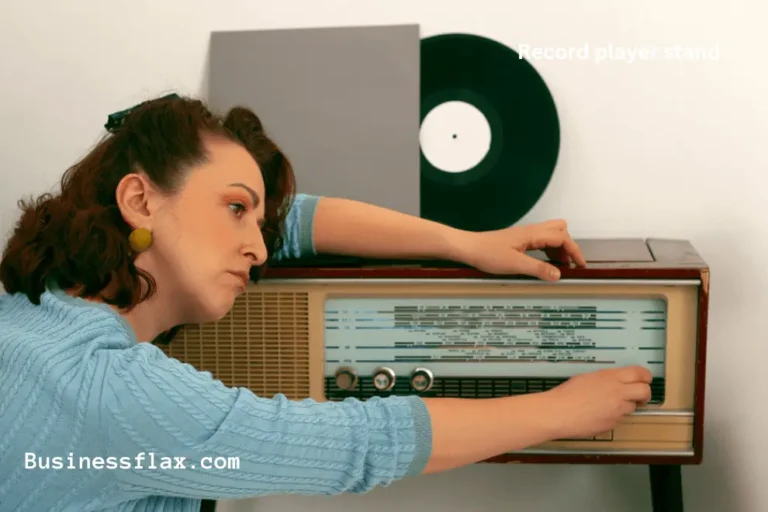The World of Ball Room.Music NYT: A Guide to the NYT Crossword Clue

Ball Room.Music NYT has been a cherished part of cultural history, offering elegance and rhythm that captivate dancers and listeners alike. The New York Times Crossword often features clues related to this enchanting genre, challenging solvers to delve into the rich tapestry of ballroom music. This article will explore the essence of ballroom music, its significance in the NYT Crossword, and tips to decipher related clues. You can also read about Plentiful NYT Mini.
Understanding Ballroom Music
Ballroom music is a genre specifically composed to accompany ballroom dancing. This music type includes various styles and tempos, each corresponding to different dance forms such as the waltz, tango, foxtrot, and cha-cha. Originating in the early 20th century, ball room.music nyt evolved from traditional European dance forms and has since gained global popularity. Its structured yet flowing rhythms provide the perfect backdrop for the precise, graceful movements of ballroom dancers.
The hallmark of ballroom music is its adaptability to different dance styles. Each dance has its unique tempo and rhythm, which the music meticulously follows. For example, the waltz is characterized by a 3/4 time signature, offering a smooth, gliding motion, while the tango, with its sharp, staccato beats, provides a dramatic and passionate atmosphere. Understanding these nuances is crucial for both dancers and those attempting to solve crossword puzzles featuring ballroom music.
Ballroom Music in the NYT Crossword
The New York Times Crossword is renowned for its clever and challenging clues, often drawing from a wide array of cultural references, including ballroom music. When you encounter a clue like “Ballroom music genre,” it’s essential to think broadly about the various styles and historical contexts. Common answers might include “waltz,” “tango,” “foxtrot,” or even “rumba.” Each of these terms reflects a distinct facet of ballroom music, highlighting its diversity and cultural significance.
Here are 40 potential answers for “Music for the ball room Music.NYT”
- Waltz
- Tango
- Foxtrot
- Rumba
- Cha-Cha
- Samba
- Salsa
- Quickstep
- Jive
- Paso Doble
- Viennese Waltz
- Bolero
- Merengue
- Mambo
- Bachata
- Polka
- Charleston
- Lindy Hop
- Swing
- Hustle
- Two-Step
- Peabody
- West Coast Swing
- East Coast Swing
- Country Western
- Ballroom
- Zouk
- Lambada
- Maxixe
- Bossa Nova
- Flamenco
- Milonga
- Argentine Tango
- Cumbia
- Cumbia Sonidera
- Pachanga
- Kuduro
- Kizomba
- Semba
- Forró
Solving crossword puzzles that reference ballroom music requires not only a good grasp of the genre but also an awareness of its terminology and historical background. The NYT Crossword often uses wordplay, puns, and obscure references to challenge solvers. For instance, a clue might reference a famous ballroom dance scene from a classic film or a well-known piece of ballroom music from a particular era. Being familiar with these references can significantly aid in solving the puzzle.
Tips for Deciphering Ballroom Music Clues
- Know the Dance Styles: Familiarize yourself with the basic styles of ballroom music and their corresponding dances. Understanding the differences between a waltz and a tango can help narrow down potential answers.
- Study Famous Pieces and Composers: Recognize notable ballroom music compositions and their creators. Pieces like “The Blue Danube” by Johann Strauss II (waltz) or “La Cumparsita” by Gerardo Matos Rodríguez (tango) are often referenced in crossword clues.
- Understand Crossword Tricks: Be aware of common crossword puzzle strategies, such as anagrams, abbreviations, and homophones. Ballroom music clues might involve clever wordplay that requires outside-the-box thinking.
- Practice Regularly: The more you solve crossword puzzles, the better you become at identifying patterns and common clues. Regular practice with a focus on cultural references, including music, can enhance your solving skills.
Conclusion
Ballroom music’s elegance and historical depth make it a fascinating subject, both for dancers and crossword enthusiasts. When tackling the New York Times Crossword, understanding the various styles, historical context, and common references of ballroom music can provide a significant advantage. By delving into this enchanting genre, solvers can appreciate the richness of ballroom music and enhance their crossword-solving process.






